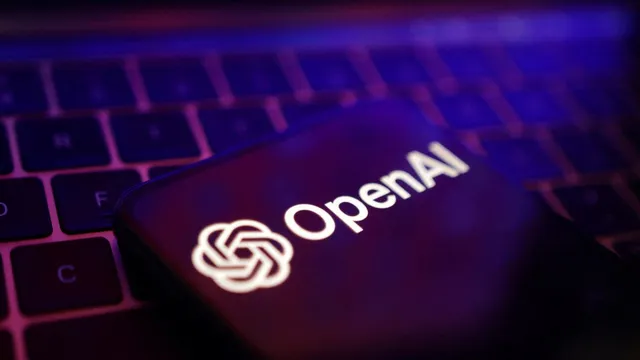- By Prateek Levi
- Wed, 01 Oct 2025 12:57 PM (IST)
- Source:JND
OpenAI is making a bold entry into social media with the launch of Sora, a new app built around AI-generated videos. Think of it as Instagram, but instead of traditional photos and clips, the feed is filled with short, synthetic media powered by AI. Users can create videos up to 10 seconds long, and a feature called Cameo lets them generate realistic AI versions of themselves to appear in different digital scenarios.
OpenAI says Sora is meant to be more than just a creative playground—it’s designed as a social platform that merges entertainment with cutting-edge AI. At the launch, CEO Sam Altman stressed the importance of safeguards around the technology: “We’ve been paying a lot of attention here given the rate of growth, and I am excited to come for a visit in September.”
ALSO READ: WhatsApp Rolls Out Live Photos, AI Chat Themes, and More New Features
To keep things in check, OpenAI has built restrictions to stop users from producing unauthorised videos of public figures or copying someone’s likeness without permission. A “liveness check” adds another layer of security, asking users to move their heads in certain ways and recite random numbers before they can create likeness-based content. This ensures people only appear in AI-generated clips when they’ve chosen to.
But Sora’s debut is already stirring debate, especially around copyright. OpenAI has adopted an opt-out policy for rights holders who don’t want their material used in the app’s video feeds, a strategy similar to what it implemented with AI image generation. That hasn’t smoothed things over with everyone—Disney has reportedly declined to have its content appear on the platform.
Behind the scenes, OpenAI has been holding talks with studios and copyright owners to address concerns. Earlier this year, the company pushed the Trump administration to treat copyrighted material used in AI training as fair use. “Applying the fair use doctrine to AI is not only a matter of American competitiveness -- it’s a matter of national security," the company said in March, warning that without clear rules, U.S. firms could fall behind Chinese rivals.
Industry watchers are already analysing what Sora’s arrival could mean for the social media landscape. Morgan Stanley’s Brian Nowak put it bluntly: “Our companies are in the business of competing for time and modifying consumer behaviour,” while hinting that Sora could emerge as a rival to Meta, TikTok, and YouTube.
By blending creative AI tools with privacy checks and taking a firm position on copyright, OpenAI is setting Sora up to be both innovative and controversial. The big question now is whether it can carve out a place alongside the giants of social media—or if legal and regulatory battles will hold it back.

